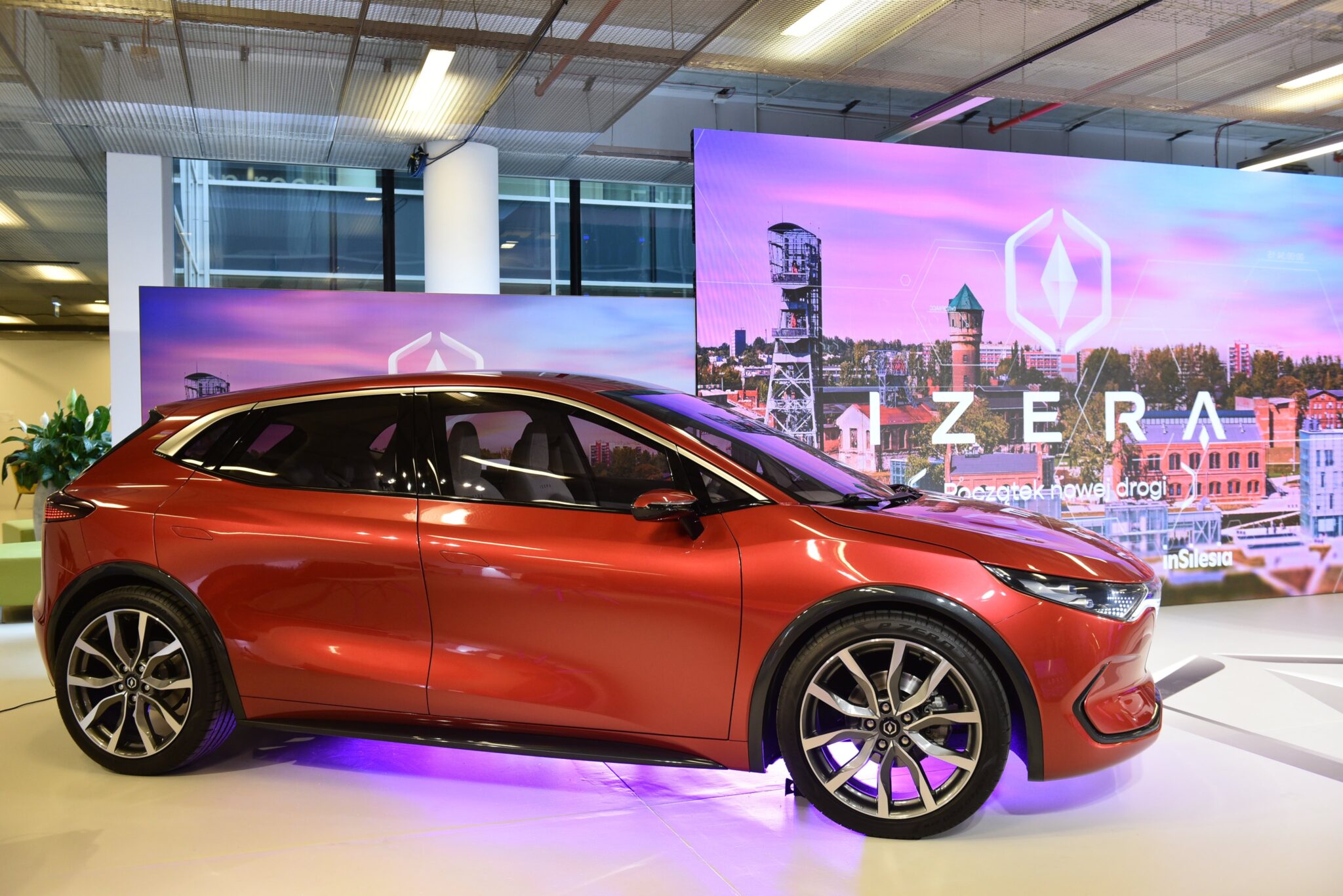„In the past, Poland attempted to invest in this sector by partnering with foreign entities, but it did not end successfully. Currently, Poland is a large producer in the automotive sector, not only in the context of components and parts, but also entire cars. For example, information is emerging about the production of new car models in Polish factories in Poznań and Silesia. This means we do have production capabilities – explains Michał Baranowski, CEO of EloCity.
- I used to love this project. In business, it may not sound good, but it seemed very real to me. Today, however, the lack of information bothers me a lot. I have no idea how to answer the question about what I think of the project because I simply don’t know what is happening there.
- Modern electric cars are easier to build because they do not require as advanced technological facilities as traditional internal combustion cars. You can buy ready-made platforms for building electric cars and on their basis create vehicles adapted to Polish and European realities.
- I hope that some technological solutions in it, excluding the drive, can be Polish. This is an opportunity both for the economy and for the Polish automotive industry. However, I am completely unable to assess the situation, because I do not know what is happening.
BiznesAlert.pl: What is the future of Poland’s electric car Izera?
Michał Baranowski: I used to love this project. In business, it may not sound good, but it seemed very real to me. Today, however, the lack of information bothers me a lot. I have no idea how to answer the question about what I think of the project because I simply don’t know what is happening there. If I remember correctly, about a year and a half ago the platform was announced. Since the announcement of this partnership, I have the impression that nothing has moved forward. It’s hard to tell what’s going on there. However, I still see a chance that if a Polish electric car were built on a good platform, it could be Polish to some extent. I hope that some technological solutions in it, excluding the drive, can be Polish. This is an opportunity both for the economy and for the Polish automotive industry. However, I am completely unable to assess the situation, because I do not know what is happening.
Should Poland invest in the automotive sector?
In the past, Poland has tried to invest in this sector using foreign partners, but this has not been successful. Currently, Poland is a large producer in the automotive sector, not only in the context of components and parts, but also entire cars. For example, information is emerging about the production of new car models in Polish factories in Poznań and Silesia. So we do have production capabilities. Modern electric cars are easier to build because they do not require as advanced technological facilities as traditional internal combustion cars. You can buy ready-made platforms for building electric cars and on their basis create vehicles adapted to Polish and European realities. As we are already present in the automotive industry, producing high-quality commercial and passenger vehicles, I believe that we have the opportunity to also produce vehicles under our own brand. Such cars could be competitive both in terms of quality and price.
Is cooperation with a Chinese partner a threat?
In my view it isn’t. This is somewhat a political question, which I am not familiar with. As for the technology, there is certainly no threat, as it is proven and used in cars of European brands, as well as those with older European logos or our own, which we see on the roads. They are based on the same or similar technology. When it comes to politics, I am not an expert, so it is difficult for me to assess whether this is a threat.
Interview by Mateusz Gibała









